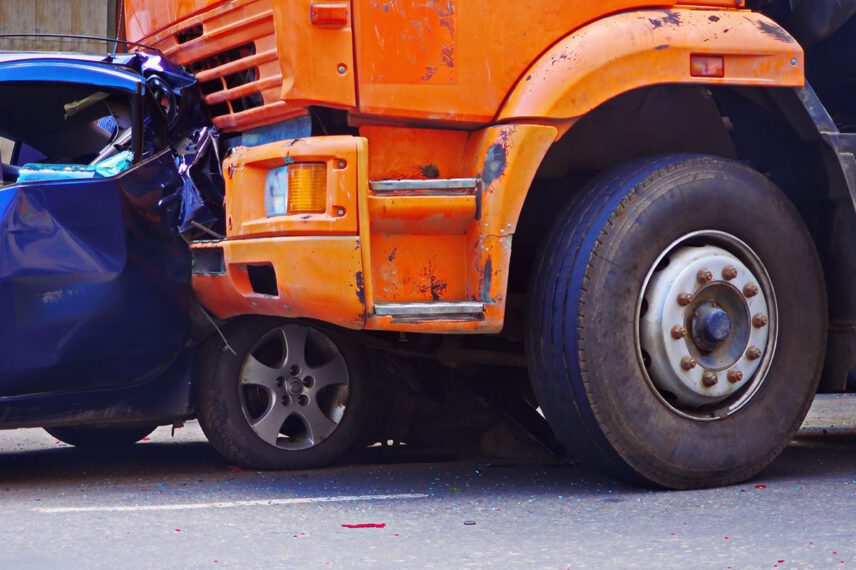How Do I Preserve Evidence in My Trucking Accident Case?

Trucking accident claims work the same way other types of personal injury cases work—meaning negligence has to be determined through an investigation to identify the at-fault party in the accident. If you were injured in a truck accident, determining negligence is the only way you will get compensation for your damages. What makes trucking accident claims more complicated is the possibility of more than one party being liable for your injuries—the truck driver, the trucking company, the manufacturer, or another cargo-loading company. The investigation must prove you were not at fault for the accident, and evidence will be the key to determining this outcome.
Here are the types of evidence you should preserve and why it will help your case:
Types of Evidence in a Trucking Accident
All evidence in a trucking accident case must be preserved in its original state and condition, including physical and electronic evidence. The types of evidence you should gather for your claim include:
- The electronic device in a commercial truck is called the “black box.” The black box records specific data like the truck’s speed, braking history, gear shifts, GPS locations, communications between the truck and the company, and daily inspection reports filed by the driver.
- Contact information for the truck driver and any witnesses.
- The truck driver’s insurance information
- Inspection records that include any recently replaced or repaired parts
- Hours of service logbooks to check that the driver followed the federal regulations of the Federal Motor Carrier Safety Administration
- A record of any complaints made against the driver or the trucking company.
- The truck driver’s work history, experience, and training information
How to Preserve Evidence Through a Spoliation Letter
Getting all of the above evidence may seem overwhelming, but there is actually a direct method to get it. You can issue something called a spoliation letter to any of the parties that might be liable for the accident.
A spoliation letter can be crucial to your claim because it requires every party that receives it to preserve all evidence related to the accident. This request even preserves any evidence that the trucking company or other party could have legally destroyed. By issuing a spoliation letter, you alert the parties that a lawsuit has been filed so they know they cannot destroy any evidence, or they could face penalties by the court.
Final Thoughts
Taking the necessary steps to ensure all evidence is preserved for your trucking accident claim should be done quickly to keep any critical information from being discarded. An experienced truck accident lawyer can send a spoliation letter on your behalf so you can focus on recovering from your injuries.






